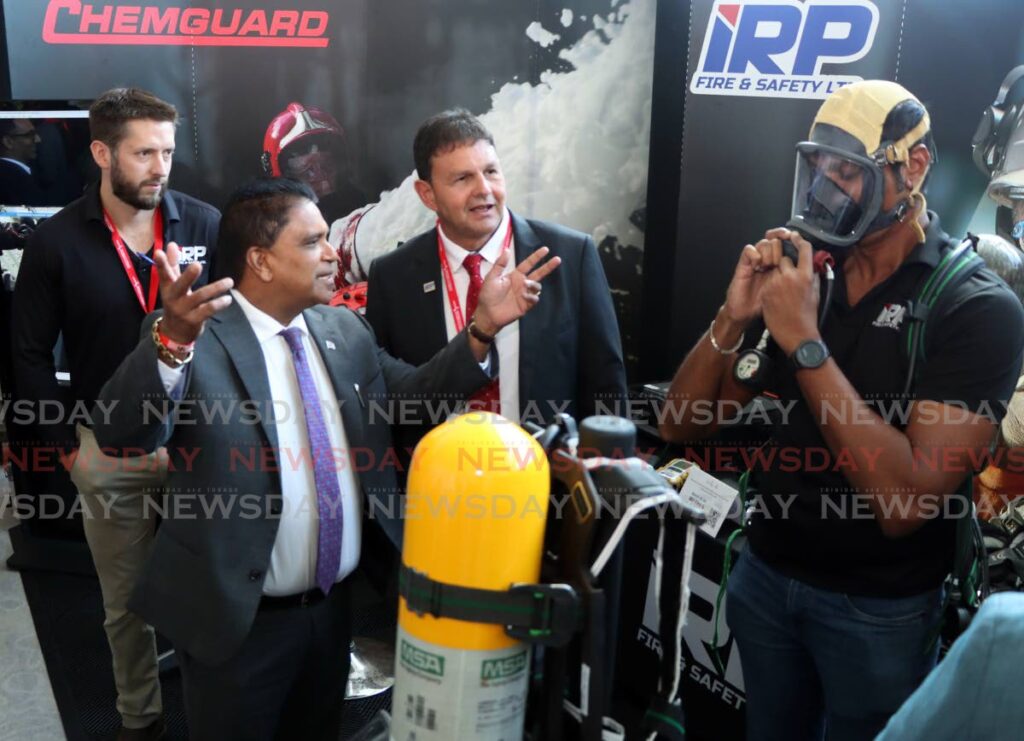Energy Minister Dr. Roodal Moonilal has underscored the critical importance of discipline and safety in Trinidad and Tobago’s energy sector revival, asserting that economic growth is meaningless if it jeopardizes lives or the environment. Speaking at Amcham’s 29th Health, Safety, Security, and Environment (HSSE) conference on November 11, Moonilal emphasized that effective HSSE policies are not just legal obligations but essential for protecting workers, communities, and the environment while ensuring operational efficiency and sustainability. His remarks come as the ministry seeks to transform recent energy production stabilization into sustained investor confidence. Moonilal outlined several initiatives, including annual HSSE workshops for energy companies, a review of national oil-spill contingency plans, and the potential engagement of an HSSE consulting firm to assess and improve domestic practices. He also referenced a 2016 facilities audit by DNV GL, which highlighted significant variations in asset-integrity management across the sector, and called for a fresh, targeted review. Government statistics cited in his speech revealed a decline in significant incidents from 58 in 2016 to 24 in 2024, with 20 incidents reported so far this year. However, Moonilal stressed that further improvements are necessary, noting that 305 incidents, including 44 fires or explosions resulting in eight fatalities, were reported over the period under review. He linked stronger HSSE regimes to reduced downtime and protected export-earning capacity, crucial for a gas-dependent economy. Moonilal also addressed household-level risks, particularly after a series of LPG cylinder explosions caused injuries, fatalities, and property damage. He ordered an urgent review of LPG safety standards and highlighted technologies like automatic shut-offs and leak detectors to mitigate residential risks. Moonilal concluded that the energy sector’s recovery hinges not only on hydrocarbon output but also on robust safety systems and regulatory trust, stating, ‘Safety is good business — it protects lives, assets, and the national brand.’
Moonilal: Safety culture must lead Trinidad and Tobago’s energy comeback
